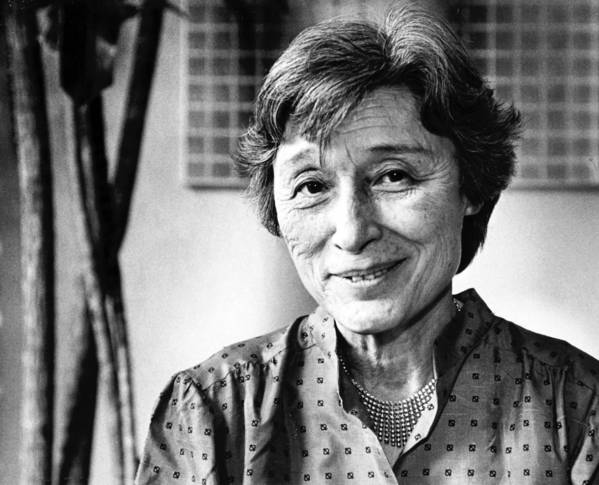Two Singaporean writers have recently provoked state opprobrium with their attempts to present and preserve alternative histories of the city-state. Familiar to many is graphic novelist Sonny Liew’s The Art of Charlie Chan Hock Chye, which has swept prizes at home and abroad, including three Eisner’s Awards this year. Liew’s fictional biography of “Singapore’s greatest comics artist,” the eponymous Charlie Chan, is notable not only for its “thrilling postmodern style” but also how it retraces the hopes (and ultimately, the disappointments) of progressive activism in Singapore, from the heady days of post-war collective action to betrayal and repression under a new political establishment. By weaving the stories of real-life activists into Chan’s recollections, Liew leaves us with a tantalizing “what if”: what if something of this history still lives and breathes under the surface of the modern city?
Jeremy Tiang’s novel, State of Emergency (released earlier this year by Epigram Books) takes a different tack. It incorporates fastidiously-researched vignettes from several turning-points in the political history of Singapore and Malaysia–from the Batang Kali massacre of 1948 to the “Marxist conspiracy” of 1987–into the multi-generational narrative of a single Singaporean family. Tiang, also an award-winning translator (and five-time Asymptote contributor), is remarkably successful at re-animating these forgotten episodes. Moreover, by allowing a different acquaintance or relative to narrate each event, he explores how entire communities must live with the echoes of arbitrary detention, harassment and censorship. And just as in The Art of Charlie Chan Hock Chye, what comes to light is an unbroken genealogy of those who have dared to hope against these circumstances.

